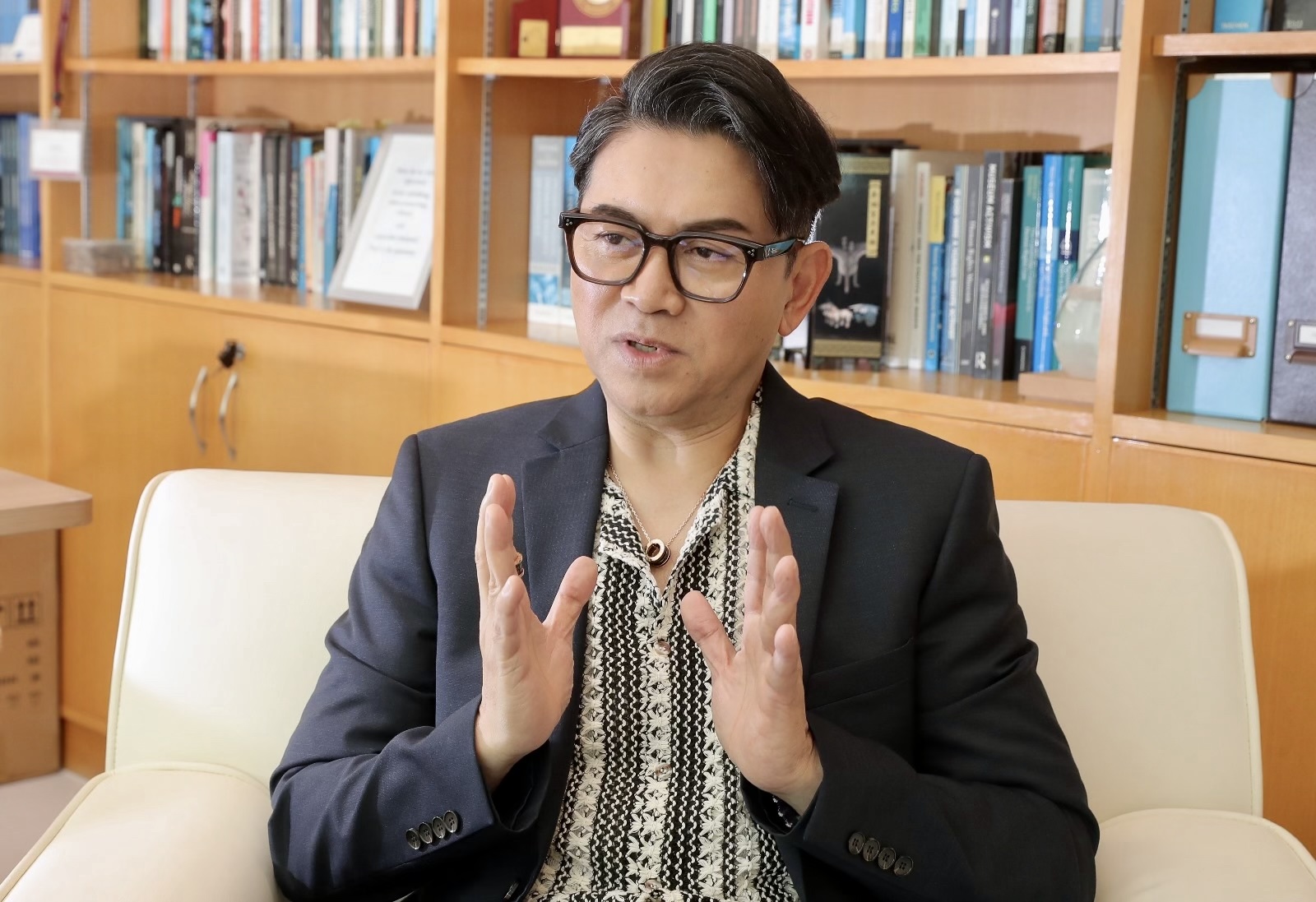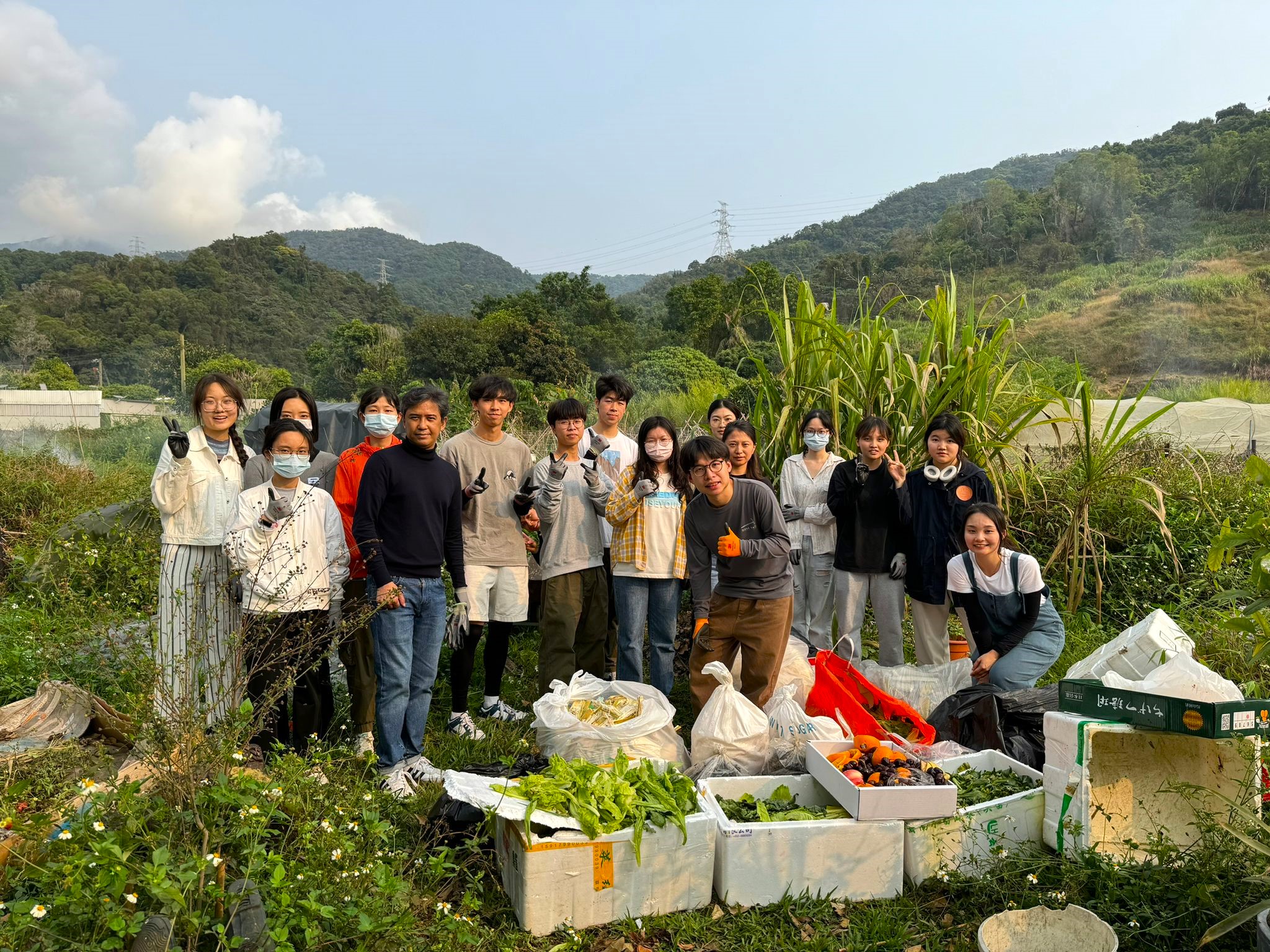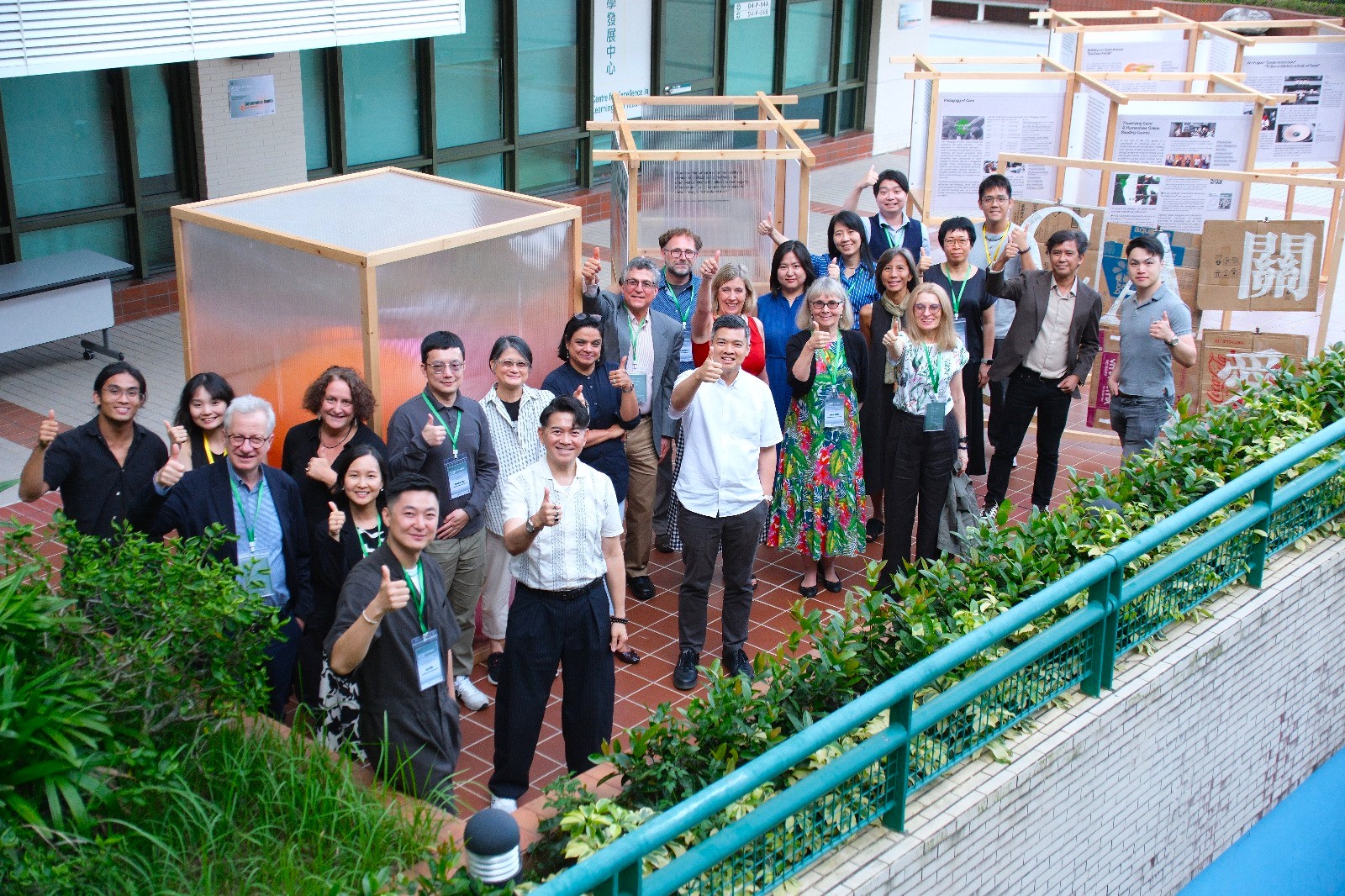As many universities worldwide scale back humanities programs in favor of STEM (science, technology, engineering and mathematics), the Education University of Hong Kong (EduHK) is forging ahead with a research initiative in the Faculty of Humanities that places care humanities at the center of sustainable development.

In February, Fudan University, one of China’s top-ranked institutions, announced a restructuring of its undergraduate admissions policy to limit the proportion of liberal arts students to 20 percent, aiming to better align with the university’s vision and the country’s drive for greater technological innovation and economic development. Similarly, in countries like the United States, Australia, and Japan, higher educational institutions have shifted the focus to STEM fields and downsized humanities programs due to declining student interest.
“The decreasing investment in humanities education, both at the university and at the government level, can be seen very widely,” John Erni, dean of the Faculty of Humanities at the EduHK, shared in a recent interview.
“In my view, the humanities actually can make a great contribution, and it’s not contradictory to technological innovations as well as economic growth,” he said.
This belief underpins the interdisciplinary research program “Comparative Cultures of Care” (CCC), which Erni hopes can provide a framework for scholars and policymakers to explore how science and humanities can join hands in practice to contribute to societal growth.
Launched in February 2023, the CCC project seeks to explore the dynamic nature of care, which is a multifaceted idea and practice intricately shaped by various expressions and actions involving both human and non-human elements. The program is also aimed at building a multifunctional platform — more like a virtual art museum — dedicated to collecting and sharing information to promote the interdisciplinary area of care research.
The CCC program consists of five sub-projects, featuring pedagogical experiments and a range of academic and outreach events, including online courses, keynote talks, training workshops, and voluntary programs.
A highlight is the “theorizing care” sub-project, which, according to Erni, has established itself as the intellectual foundation of the CCC program. The eight-month-long sub-project invited local and international academic leaders from regions such as the United Kingdom, Canada and the United States to host online reading courses and lead discussions to clarify the meanings and philosophy of care from various perspectives. Each course has attracted more than 100 participants, including students and early career researchers, Erni said.
From a practical standpoint, the CCC program has partnered with local NGOs to launch sub-projects — “Youth Caring Leadership Training and Action Program” and “Immersive Experiential Probes on Caregiving” — aiming to help the young generation develop caring leadership through activities such as themed salons and voluntary work.
“Youth leadership equals care education,” Erni said, adding that he believes the EduHK could play a unique role in care research as the university has been committed to the mission of education for over 100 years.
“Education as a field: the foundation of it is care. The primary DNA of an educational institution like ours is care,” the professor said. “It’s care ethics, care for students’ learning, and care for our staff’s well-being that make the field of education so vibrant and important.”

Sustainable growth
The CCC program has been operational for over two years, with its origins tracking back to the COVID-19 pandemic, a time when the demand for care became a pressing issue.
Erni told China Daily the program was conceived during this global crisis, as many people felt distressed about vaccines and other public health needs.
“It’s not just about vaccine technology or public health; it’s about communities,” Erni said, adding that the pandemic “illustrated very clearly” that alongside science and technology, the humanities are also essential “when something important happens”.
On the other hand, more and more scholars and researchers are turning their attention to care research, with over 20 major international conferences centered on this theme between 2022 and 2024, according to Erni.
“So many people are reading, talking, discussing and debating the issues of care around the world. So I thought this was the right way to go, and that’s why we launched the project,” the professor said.
For the next step, with the aim of forming a close-knit community of scholars in the field of care, the EduHK hosted the “Hong Kong 2023 Humanities Conference on Comparative Cultures of Care” in November 2023. Sixteen speakers from Canada, the UK, the US, Australia, and Hong Kong presented their original research. Erni said the event has made a concrete academic contribution as the discussions culminated in two special issues in top journals featuring more than a dozen essays and articles.
To continue the dialogue, the university has invited a broader group of international researchers to participate in the second conference on care, “Hong Kong 2025 Humanities Conference on The Dialectics of Care”. Conducted on Aug 7 to 8, the conference is anchored by three main themes: care aesthetics, care communication, and care education. An edited book project or a special issue for a journal is planned following the event.

Erni revealed that all publications will be stored on a site called “EduCare Portal”, which is set to launch in Sept 2025. The virtual museum-like archive will also include other related academic materials that will guide researchers to a “deeper layer” of many facets of care.
“We will have interactive charts, data visualization and case studies. We will have different narratives and stories on care. All of these will be put in an interactive museum display on the portal,” he added.
Furthermore, the Faculty of Humanities is extending its care initiative with the launch of a new program, “Art, Science, and Culture: The Sustainable Humanities Project (SUSHUM)”, introduced late last year. The SUSHUM intertwines art, science, and culture to discuss how the humanities can contribute to sustainability.
Comprising three pillars — art education, citizen science, and film and visual studies — the program initiates 13 sub-projects, including pottery installation workshops, forest walking tours, and reading seminars, designed to encourage participants to reimagine a future that honors and cares for both human and non-human life.
These sub-projects are also aligned with several United Nations Sustainable Development Goals. “We want to transform our university into an SDGs-friendly campus, and make a direct contribution to the goals through these humanities sub-projects,” Erni noted.
He said the CCC and SUSHUM projects can demonstrate that care, as a focus within the humanities, provides a “really interesting and profound way” for people to think, imagine, and engage in hands-on activities that “will create a better world, a better society”.
“We need the equal partnership between science and the humanities in our thinking,” the dean emphasized. “There’s no better time in history to think about why being human matters. Thinking about what it means to be a human, especially a caring human, is all the more important in the age of AI.”
Contact the writer at gabylin@chinadailyhk.com



